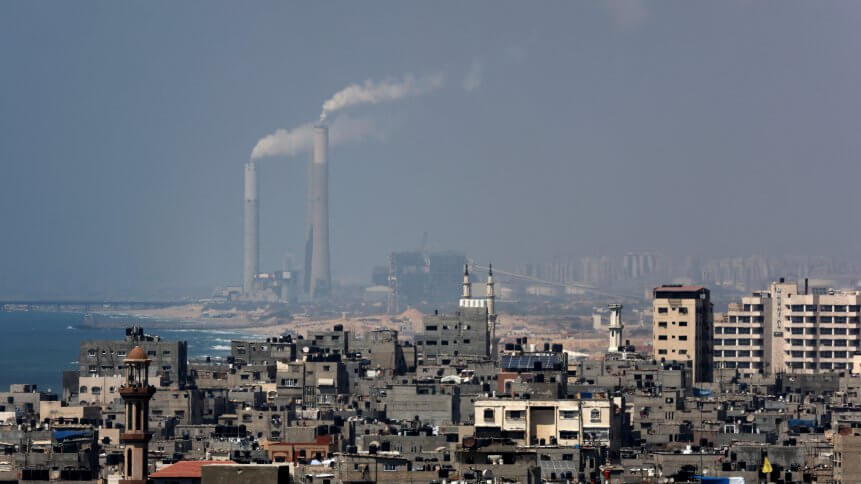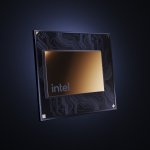
- The transaction between Intel and Tower Semiconductor is expected to close in about 12 months as it is still subject to several jurisdictions, including in China.
- Then, Tower will be integrated into Intel Foundry Services (IFS), which Intel established a year ago.
As the semiconductor shortage continues to rattle the global economy, Intel is doing everything it can to expand its manufacturing footprint — including merger and acquisitions. The tech giant decided to accelerate its global, end-to-end foundry business by acquiring Israeli chip company Tower Semiconductor for US$5.4 Billion.
In an announcement made yesterday, Intel said the acquisition could accelerate its path to becoming a major provider of foundry services and capacity globally, while offering one of the industry’s broadest portfolios of differentiated technology. Experts reckon it will also deepen Intel’s presence in a sector dominated by the world’s largest chipmaker, Taiwan Semiconductor Manufacturing Company.
For context, Tower makes semiconductors and circuits used in everything from cars and consumer products to medical and industrial equipment. According to its website, it operates manufacturing facilities in Israel, California, Texas and Japan. The company has been based in Migdal HaEmek, northern Israel near Nazareth.
The deal came in the time when Intel’s chief Pat Gelsinger has been working to build up the company’s so-called foundry business of manufacturing chips for itself and others. Gelsinger told analysts on Tuesday that “this acquisition announcement positions us to not only capitalize on the large and growing foundry opportunity, but also help to accelerate our efforts to address the unprecedented demand for semiconductors and the need for a more balanced, resilient global supply chain.”
To top it off, Tower has been investing in equipment at its manufacturing sites in Israel, Texas and Japan to boost capacity for 200 and 300 millimeter chips. The company serves “fabless” companies — which design chips but outsource manufacturing — as well as integrated device manufacturers and offers more than 2 million wafer starts per year of capacity, the companies said.
Therefore, Gelsinger reckons Tower’s specialty technology portfolio, geographic reach, deep customer relationships and services-first operations will help scale Intel’s foundry services and advance our goal of becoming a major provider of foundry capacity globally.
“This deal will enable Intel to offer a compelling breadth of leading-edge nodes and differentiated specialty technologies on mature nodes – unlocking new opportunities for existing and future customers in an era of unprecedented demand for semiconductors,” Gelsinger added. He also said producing chips is about a US$100 billion business and expected to be much larger by the end of the decade.
The entire acquisition is expected to finalize in about 12 months and has already been unanimously approved by both boards. The deal however is still subject to certain countries’ regulatory approvals, including China’s. Till then, Tower will remain independent until the deal closes.
Upon approval, the Israeli company will be integrated into Intel Foundry Services (IFS), which was established as a key part of its IDM 2.0 strategy. Overall, the strategy’s end goal is to help meet the growing global demand for semiconductor manufacturing capacity and to become a major provider of US and Europe-based foundry capacity to serve customers globally.










